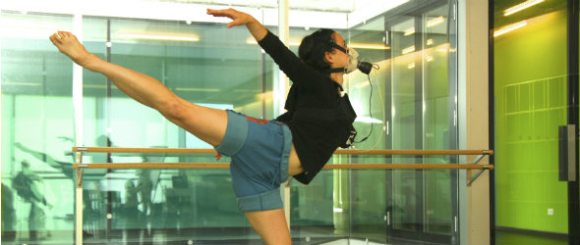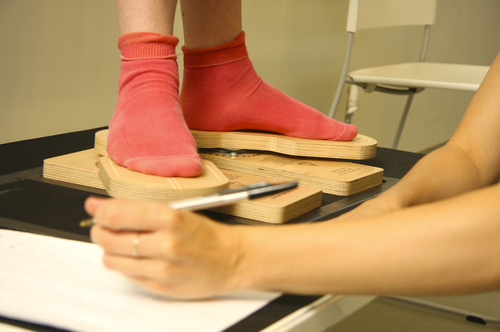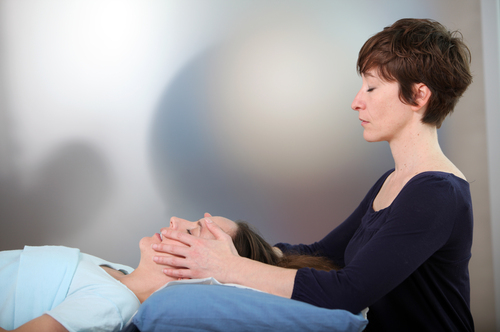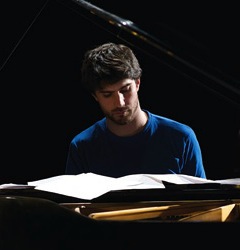It is well known that the future success of students is not based on curriculum content alone. Higher Educational Institutions need to provide opportunities for learners to engage with and interrogate life after study, whether that is further postgraduate study and research or becoming a professional. Networking with those from beyond the student’s home institution and engaging with narratives of learners’ journeys help current students make decisions about their future in an informed way. In addition, the health and wellbeing of performing artists is a firmly established element of the provision Trinity Laban has been developing through a range of support mechanisms for current students and professional performers. To incubate the future batch of specialists, trained in understanding the performing body, our Dance Science department is a world leading centre of research and teaching. As part of our provision for MSc students studying Dance Science, and undergraduates who may be interested in further study in Dance Science, an annual networking and careers day has been opened up to Dance science students and graduates from across the UK.
The first Dance Science Student and Graduate Networking and Careers Day, held on 12th June, enabled students to establish connections, share ideas and discover opportunities. Organised by Edel Quin, Programme Leader of the MSc Dance Science, the day served to provide a professional insight into the world of Dance Science. The programme included presentations by current and past students from a range of MSc Dance Science programmes. Helen Laws, the Manager of the National Institute of Dance Medicine and Science, also provided a talk on the educational, health care and research activities of the Institute and the role that Dance Science plays in the realisation of these endeavours.
One attendee noted ‘…the atmosphere created and the encouragement to share ideas and experiences with people from various institutions was great!’ and another commented on the inspirational entrepreneurship within the narratives of the past graduates as giving her ‘…confidence to find ways to share my knowledge with the dance world.’
For more details of our Dance Science programmes and provision for the healthy performer please visit the Dance Science website




